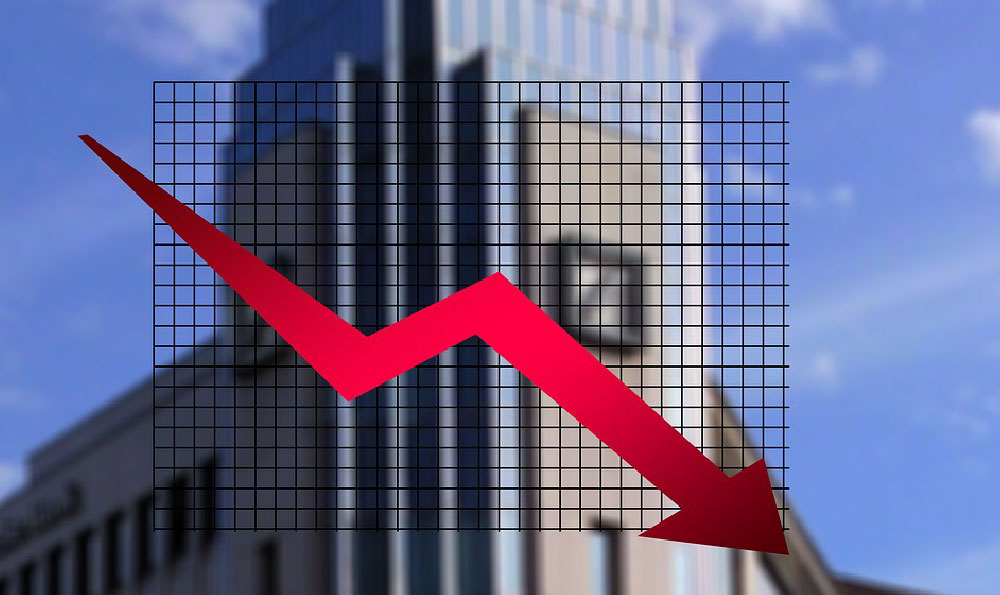
Unreported income, often referred to as "under the table" cash, can seem like a quick and easy way to supplement your income. The allure of receiving money that bypasses taxes and regulations is undeniable. However, venturing into this realm is fraught with risks and potential consequences that often outweigh the perceived benefits. Understanding the mechanisms involved, as well as the legal and ethical considerations, is crucial before even considering this approach.
Firstly, let's delve into the various avenues through which under-the-table income can be generated. This can range from freelance work paid in cash, where no receipts are issued and no tax is declared, to side hustles like selling goods at flea markets or online without reporting the income. Small business owners might be tempted to underreport their revenue by skimming cash payments or overstating expenses. In more extreme cases, it could involve participating in illegal activities like selling counterfeit goods or engaging in black market transactions. The common thread is the intent to conceal the income from official records and, consequently, avoid paying taxes.
Now, let's address the risks associated with this practice. The most significant and immediate risk is undoubtedly the legal ramification. Tax evasion is a serious crime that can lead to severe penalties, including hefty fines, asset seizure, and even imprisonment. The IRS (Internal Revenue Service) and other tax authorities have sophisticated methods for detecting unreported income, including data matching, audits, and informant programs. Even if you successfully avoid detection for a period, the risk of being caught increases over time as financial institutions become more vigilant and reporting requirements become more stringent. Penalties are often calculated as a percentage of the unpaid taxes, and in severe cases, criminal charges can be pressed. The stress and anxiety of constantly looking over your shoulder, fearing an audit or investigation, can also take a significant toll on your mental health.

Beyond the legal risks, there are significant financial implications to consider. While you might save money in the short term by avoiding taxes, you are also sacrificing long-term financial security. For instance, unreported income doesn't count towards your Social Security benefits. These benefits are based on your lifetime earnings, and by failing to report income, you are effectively reducing the amount you will receive in retirement. Similarly, you may be ineligible for certain government benefits or loans that require proof of income. This can limit your access to credit, making it harder to buy a house, start a business, or pursue other financial goals.
Another important consideration is the difficulty in building a legitimate financial record with unreported income. Without a verifiable income stream, you may struggle to obtain loans, mortgages, or even rent an apartment. Banks and other financial institutions rely on income verification to assess your creditworthiness and ability to repay debts. Unreported income creates a "shadow economy" that operates outside the mainstream financial system, hindering your ability to participate fully in the legitimate economy.
Furthermore, relying on cash-based transactions can make it difficult to track your income and expenses, leading to poor financial management. Without proper records, you may lose track of how much money you are earning and spending, making it harder to budget effectively and save for the future. This can create a cycle of financial instability and insecurity. You are also more vulnerable to theft or loss of cash, as it is not protected by insurance or banking regulations.
Ethically, engaging in unreported income activities raises serious questions about your integrity and responsibility as a citizen. Taxes are the lifeblood of a functioning society, funding essential services like education, healthcare, infrastructure, and national defense. By evading taxes, you are essentially shifting the burden onto other taxpayers and undermining the collective good. While it may be tempting to rationalize it as a victimless crime, it contributes to a culture of tax avoidance and erodes public trust in the fairness of the tax system.
Instead of pursuing the risky and ultimately unsustainable path of unreported income, consider legitimate ways to increase your earnings and minimize your tax burden. Explore opportunities for legal side hustles, such as freelancing, consulting, or starting a small business. Ensure that you keep accurate records of your income and expenses and file your taxes correctly. If you are self-employed, take advantage of deductible expenses to reduce your taxable income. Consult with a tax professional to ensure you are maximizing your deductions and complying with all applicable tax laws.
There are numerous legitimate avenues for wealth creation and financial security. Investing in stocks, bonds, real estate, or other assets can generate returns over time, allowing you to build wealth while remaining within the bounds of the law. Consider diversifying your investments to mitigate risk and consulting with a financial advisor to develop a personalized investment strategy.
Finally, focus on building a strong financial foundation through budgeting, saving, and debt management. Create a budget to track your income and expenses, identify areas where you can cut back, and set realistic financial goals. Pay down high-interest debt, such as credit card debt, as quickly as possible. Build an emergency fund to cover unexpected expenses, preventing you from having to rely on risky or illegal income sources.
In conclusion, while the short-term allure of "under the table" cash may be tempting, the long-term risks and consequences far outweigh the perceived benefits. Legal ramifications, financial insecurity, ethical considerations, and the difficulty of building a legitimate financial record make it a dangerous and unsustainable approach. By focusing on legitimate income streams, responsible financial management, and ethical behavior, you can build a secure and prosperous future without jeopardizing your freedom, reputation, or financial well-being. Choose the path of integrity and long-term sustainability over the fleeting illusion of easy money.




